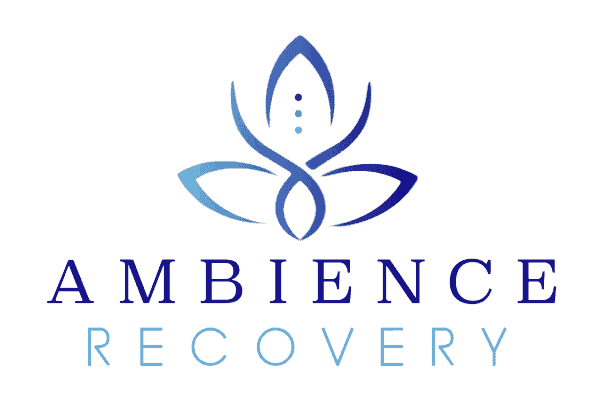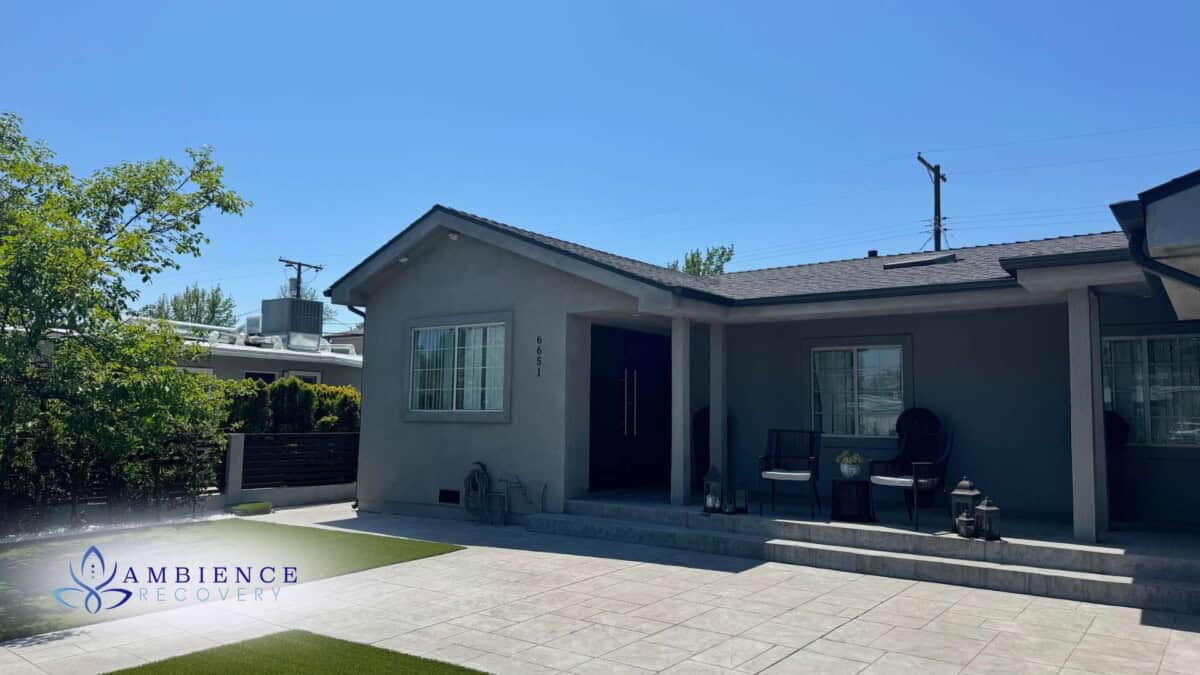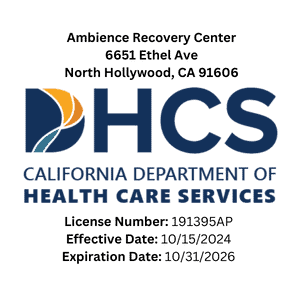Key Takeaways
- Sober Living Homes Promote Accountability: These homes provide a structured environment that encourages responsibility and discipline, essential for maintaining sobriety.
- Supportive Community Environment: Living with others in recovery creates a strong support network, enhancing your addiction recovery journey.
- Smooth Transition from Rehab to Independent Living: Sober living homes bridge the gap between addiction treatment and complete independence, helping residents build confidence in their sobriety.
- Improved Long-Term Sobriety Rates: Research shows that individuals in sober living homes have higher rates of long-term sobriety.
- Access to Ongoing Therapy and Support: Continued access to therapy, counseling, and support groups in sober living homes helps prevent relapse.
- Safe and Substance-Free Environment: A secure, drug-free living space is crucial for maintaining sobriety and avoiding triggers.
- Development of Life Skills: Sober living homes help residents develop essential life skills for independent living.
Introduction
Sober living homes are more than just a place to stay; they play a critical role in addiction recovery. These homes provide a safe, supportive environment where individuals can continue their recovery after completing a rehab program. What many people don’t realize is that sober living homes offer a variety of benefits that can significantly enhance the chances of long-term sobriety. In this article, we’ll explore seven mind-blowing benefits of sober living homes that you may not have known and how they can be crucial to your addiction recovery.
1. Sober Living Homes Promote Accountability
One critical aspect of sober living homes is that they help residents to be more accountable. In these homes, there are specific sets of rules and regulations that the residents are supposed to adhere to, for instance, having to be in bed by a particular time, attending meetings, and participating in house chores. This environment helps people be more accountable for their behavior and the choices they make in their daily lives, which is very important for the recovery process. Accountability is a great motivator in the process of recovery from addiction; it helps people stay on track and not give in to temptation.
2. Supportive Community Environment
Staying with other people who are also in the recovery process helps build a good support network. Sober living homes are a great way to meet people who are in the same boat as you and know what it is like to be in recovery. This support system offers encouragement and assistance, which helps to make the process of coping with the highs and lows of recovery more manageable. The shared experiences and support from other people can be inspiring and make residents want to remain sober.
3. Smooth Transition from Rehab to Independent Living
It is often difficult for the patient to move from a highly supervised environment of a rehab facility to living on his or her own. Sober living homes are between these two stages, providing a step-by-step process that enables individuals to regain confidence in their ability to live independently. In a sober living home, the residents can work on the things they learned in the treatment process, but they are not alone. This gradual approach minimizes the chances of the patient returning to his or her former ways and gives the patient a strong base for recovery.
4. Improved Long-Term Sobriety Rates
Research has also indicated that people who are placed in sober living homes are more likely to maintain their sobriety in the long run than those who are placed back into their original homes. The structure, support, and absence of substances enhance the results. Thus, sober living homes give the residents a chance to practice sobriety in a safe environment and work on the skills necessary for long-term recovery.
5. Access to Ongoing Therapy and Support
Access to therapy, counseling, and support groups is another significant benefit of sober living homes. Many of these homes offer or have connections to ongoing treatment options, allowing residents to continue addressing the underlying issues that contributed to their addiction. Regular therapy sessions and group meetings provide ongoing emotional support and help residents stay accountable for their recovery goals. This continuous care is essential for preventing relapse and maintaining mental health.
6. Safe and Substance-Free Environment
Another critical factor is the fact that sober living homes are safe houses that are free from substance use. Staying in a community where the use of drugs and alcohol is not allowed makes the residents to be free from temptation and concentrate on their recovery. The rules and monitoring in sober living homes ensure everyone is focused on the right path of recovery, making it a safe place for everyone.
7. Development of Life Skills
Sober living homes also help the residents acquire other essential life skills they may require daily. Regarding budgeting, cooking, job searching, and time management, these homes offer a chance to learn and improve the skills required for living independently. These skills are learned and practiced in the sober living home, and when residents are supported, they can practice them and build confidence as they transition to independent living. These are the practical skills that are very important in the process of recovery and in sustaining the recovery process.
Conclusion
There are many advantages of sober living homes that are not given much importance, but they can go a long way in your recovery process. By ensuring that the residents are accountable, have a robust support system, a smooth transition from rehab, and have continued access to therapy and life skills training, these homes prepare the residents for a lifetime of sobriety. If you or your family member is in a position where he or she is thinking about enrolling in a sober living home, Ambience Recovery is here for you. Please do not hesitate to contact us at 866-721-7470 to learn more about how our sober living homes can help you navigate a drug-free life.
FAQs
What is a sober living home?
A sober living home is a drug-free and alcohol-free residence that helps those who are recovering from addiction to live while they are coming out of rehab and preparing to live on their own.
How do sober living homes support addiction recovery?
Sober living homes give the individual a routine, other people to be with, and someone to answer to; they can also refer the individual to a therapist or a support group, which are very helpful in the recovery process.
Can sober living homes increase the chances of long-term sobriety?
Yes, research has also indicated that people who engage in sober living homes have better chances of maintaining sobriety in the long run as compared to those who go back to their previous homes.
What life skills can I learn in a sober living home?
Sober living homes provide a chance to learn basic life skills needed for independent living, such as managing finances, preparing meals, looking for employment, and managing time.
How can I find the right sober living home for me?
Finding the right sober living home involves considering location, cost, rules, and the level of support provided. Contact Ambience Recovery for guidance on choosing the best sober living home for your needs.
Resources
https://www.forbes.com/health/mind/sober-living-houses/
https://www.ncbi.nlm.nih.gov/pmc/articles/PMC3057870/
https://www.ncbi.nlm.nih.gov/pmc/articles/PMC6605057/
Katie is a Licensed Clinical Social Worker who has worked as a primary therapist, supervisor, and now clinical director for SUD/MH treatment centers for the past 12 years. Katie is trained in Brainspotting, EMDR, Internal Family Systems and Dialectical Behavior Therapy and is passionate about treating substance use disorders, trauma and grief.






